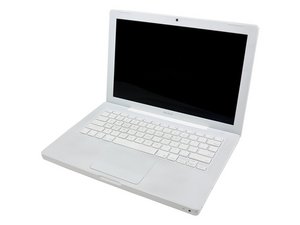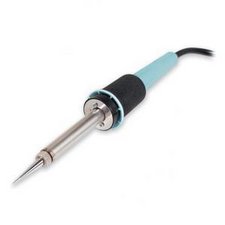RAM Upgrade
im not sure wether to upgrade to 4GB of RAM or 6. Does the 4 and 2GB chip imbalance pose a problem for my machine? I keep hearing conflicting stories on this issue and not sure what to do? Can someone please shed some light on this for me. Appreciate it.
Esta é uma boa pergunta?


 86
86  89
89  33
33 

